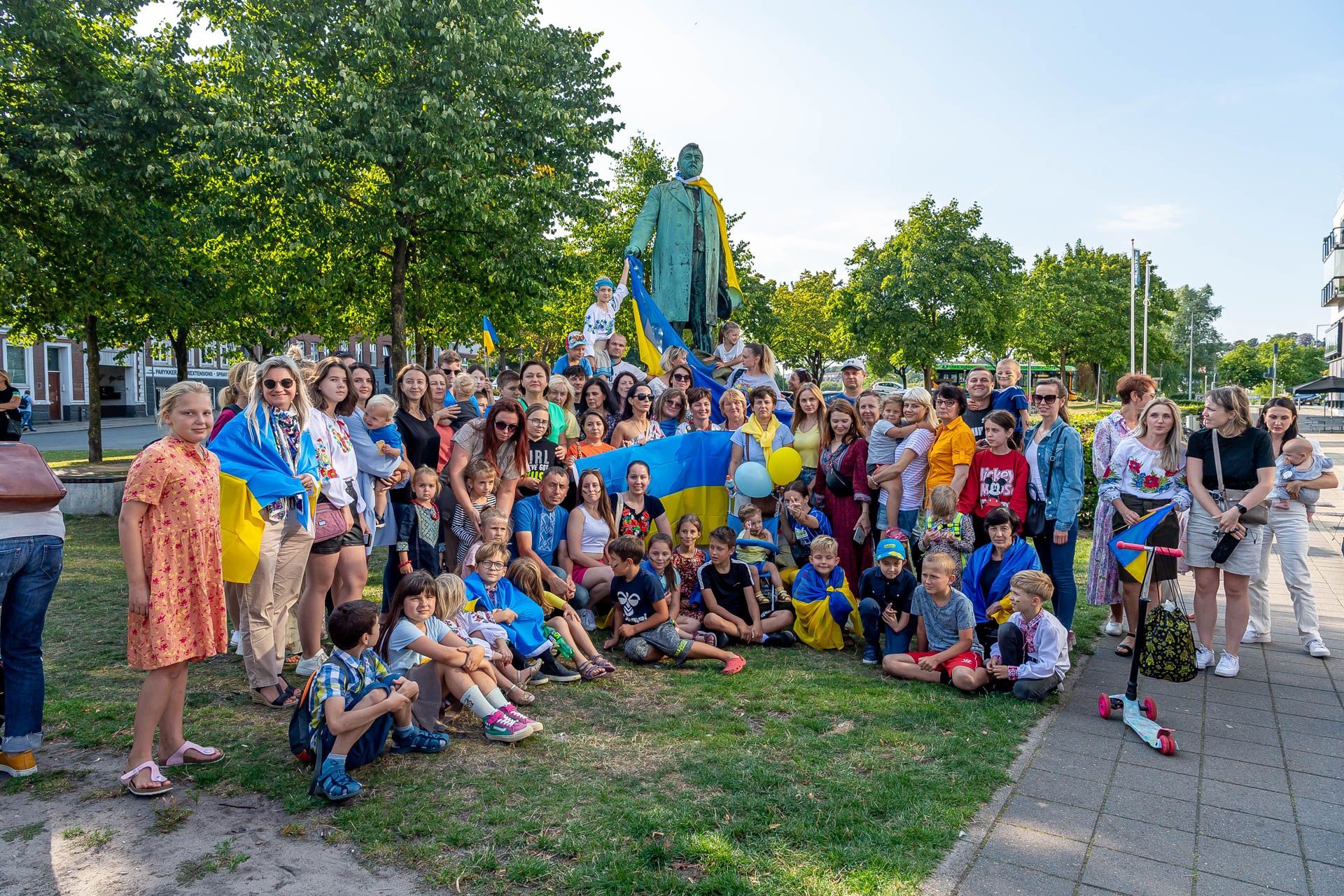Earlier this week, it emerged that almost 60 percent of Ukrainians who fled the War in Ukraine to Denmark had found employment.
Now, a survey from the Immigration Ministry shows that many would like to make Denmark their permanent home … even when the war eventually ends.
The survey (here in Danish) revealed that 37 percent of the adult Ukrainians who have left Ukraine for Denmark since the start of the war want to remain here permanently.
It’s particularly the younger Ukrainians who want to stay. Over 40 percent of 18 to 29-year-olds want to remain – about twice the figure compared to those who are 60+.
READ ALSO: Huge majority of Danes support sending weapons to Ukraine
Most from north or east Ukraine
From a gender perspective, it’s clear that the men want to stay in Denmark more than the women.
About half of the adult Ukrainian men in Denmark want to stay, while only about one third of the women said they would remain. That’s interesting given that 80 percent of displaced Ukrainians in Denmark are women.
The survey also shed light on which part of Ukraine the refugees hail from – about 70 percent come from either the northern part (an area that includes Kyiv) or the eastern part (areas that are or were under Russian occupation). See image below.
About every fifth respondent owns a home in Ukraine that has been damaged during the war.
“This week, it’s been a year since the first displaced people from Ukraine arrived in Denmark following Russia’s invasion,” said the immigration minister, Kaare Dybvad Bek.
“Many Ukrainians have managed to find employment. And the survey shows that the vast majority who aren’t working are trying to find work.”
So far, over 30,000 Ukrainians have come to Denmark in a bid to flee the war.















